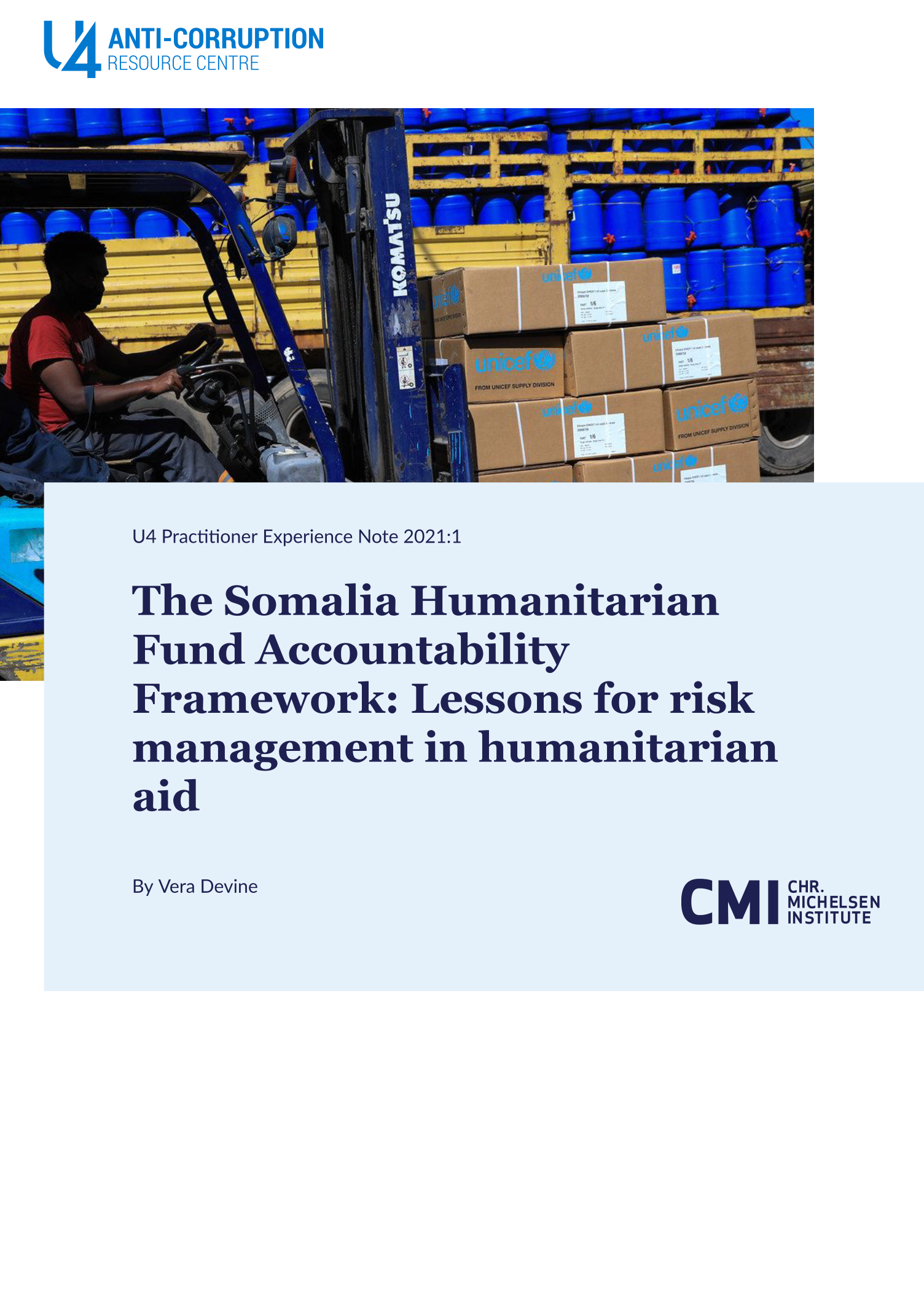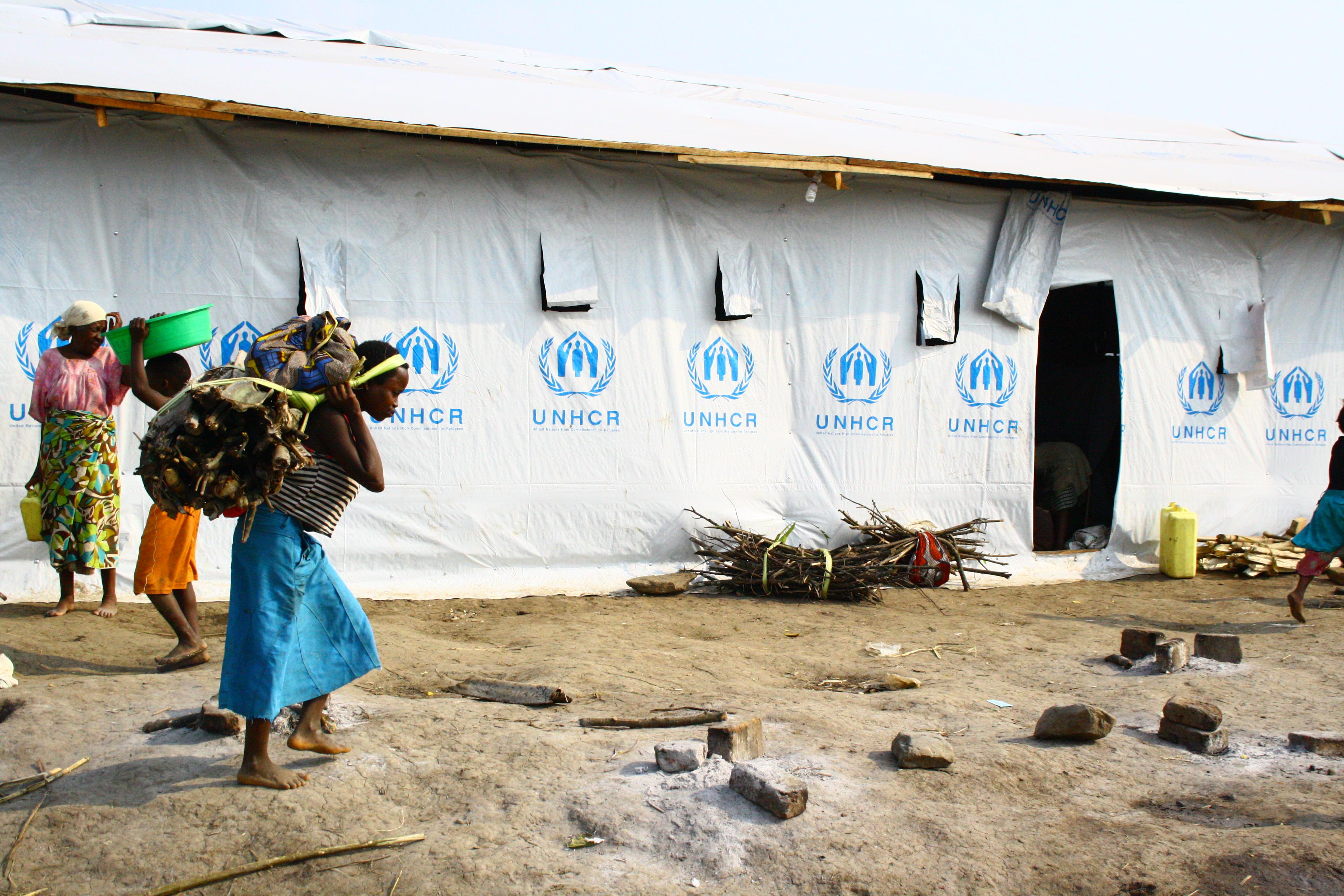Main points
- Formed in 2010, the Somalia Humanitarian Fund faced a crisis in 2012–13, when cases of fraud and corruption shook stakeholder confidence and led to declining donor commitments.
- Since then, the Fund has adopted a risk management-based approach, aimed at mitigating and managing the risks of operating in a challenging setting while acknowledging that a complete elimination of these risks is not possible.
- The SHF Accountability Framework, implemented in 2013, includes due diligence checks, capacity assessment of partners, application of different operational modalities, monitoring of projects, quality review of reporting, financial spot checks, audits, and a performance management index.
- By 2019, stakeholders’ trust in the SHF had increased, and donor contributions had rebounded. Moreover, the proportion of funding allocated to national NGOs had increased in line with a strategic shift in the operations of the Fund.
- The SHF is engaging its donors in an open dialogue around corruption risks, cases of irregularities, and the Fund’s management of these issues, further increasing stakeholders’ confidence.



